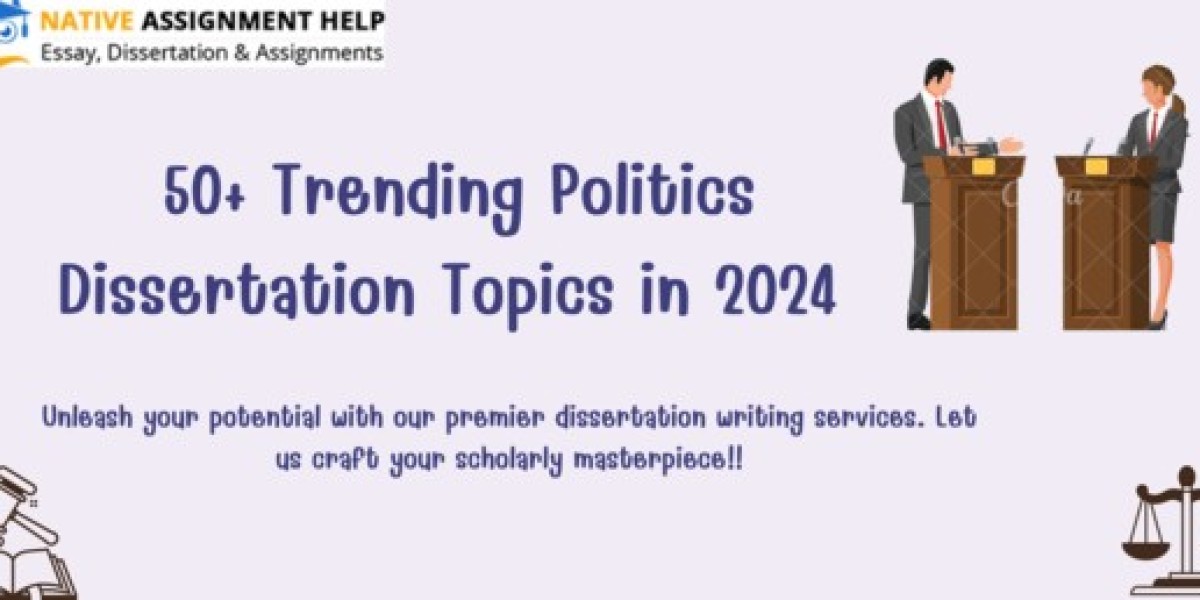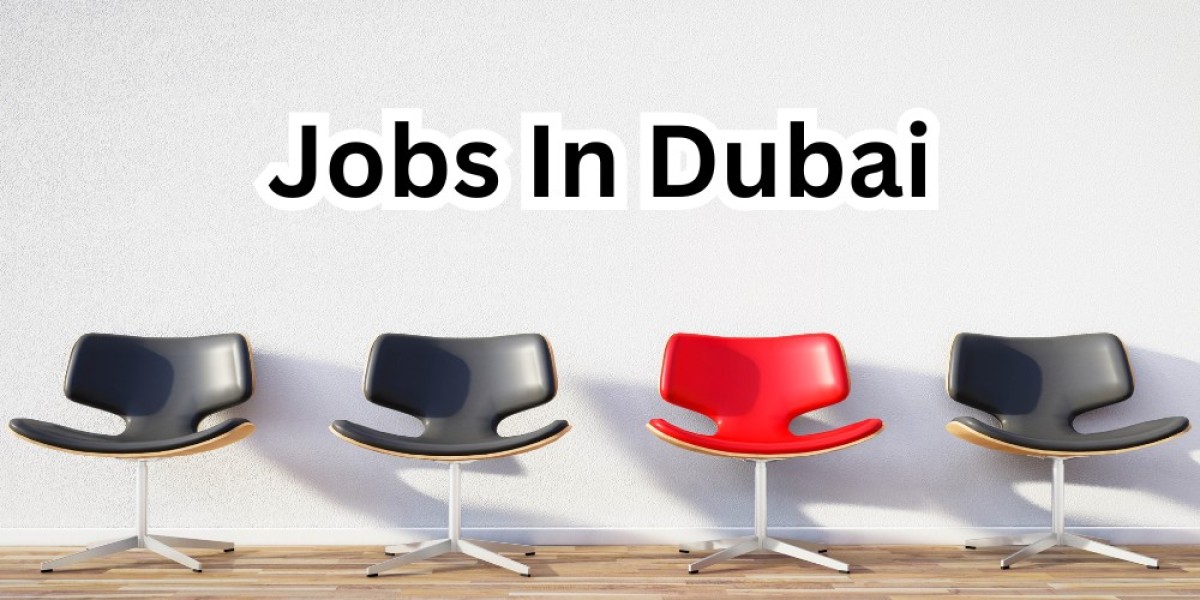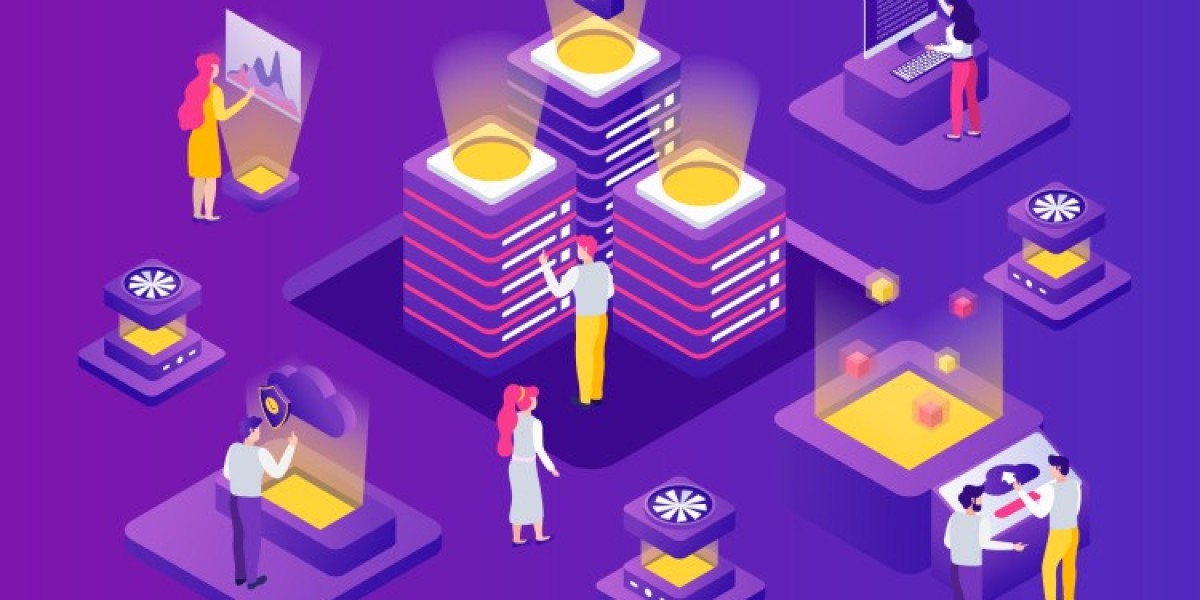Introduction
Politics may often seem like a complex maze filled with daunting terminology and intricate systems. But don’t let that intimidate you! Understanding politics is like learning a new language; once you grasp the basics, the world opens up in vibrant hues. Why is political education so crucial for students today? With the world constantly shifting around us, the ability to navigate these changes is more important than ever. Exploring engaging politics dissertation topics can help students deepen their understanding and engage with critical issues. So, let’s dive in and explore how students can unlock the power of politics to shape their futures and society.
Understanding Political Systems
Definition of Political Systems
At its core, a political system is the structure of politics in a given country or community. It defines how power is distributed and exercised. Understanding these systems gives students the foundational knowledge needed to engage in political discussions meaningfully.
Major Political Systems Around the World
When it comes to political systems, there are three main types: democracy, authoritarianism, and totalitarianism. Each has its own flavor and implications for governance and individual freedoms.
Democracy: Imagine a bustling marketplace where every voice matters, and everyone has a say in the products being sold. This is democracy, where citizens elect representatives to make decisions on their behalf.
Authoritarianism: Think of a tight-knit group deciding everything without seeking input from the larger community. In authoritarian regimes, power is concentrated in a single leader or party, often suppressing individual freedoms.
Totalitarianism: Picture a strict classroom where every single move is monitored and controlled. Totalitarian systems take this to an extreme, aiming to control every aspect of public and private life.
The Impact of Political Systems on Society
Political systems shape how societies function, influencing everything from economic policies to individual rights. Understanding these impacts allows students to critically assess current events and societal changes.
Key Concepts in Political Education
Civic Engagement
Civic engagement is the lifeblood of a healthy democracy. It involves actively participating in community and political activities, such as voting, attending town hall meetings, and advocating for causes. Why sit on the sidelines when you can be an active participant in shaping your world?
Political Ideologies
Understanding various political ideologies helps students recognize the spectrum of beliefs that influence politics.
- Liberalism: Advocates for individual freedoms, equality, and social justice.
- Conservatism: Emphasizes tradition, stability, and the value of established institutions.
- Socialism: Focuses on social ownership and equitable distribution of resources.
The Importance of Voting
Voting isn’t just a right; it’s a responsibility. It’s your chance to voice your opinion and influence the decision-making processes that affect your life. Have you ever wondered what impact your vote could make?
The Political Process
Understanding Elections
Elections are the heartbeat of democracy. They give citizens the power to choose their leaders and influence policies. Understanding how elections work, from primaries to general elections, is vital for any aspiring political participant.
The Role of Political Parties
Political parties act as the bridge between citizens and the government, helping to organize political activities and representing various viewpoints. They are essential for promoting political agendas and mobilizing voters.
Campaigns and Elections
Campaigns are like a thrilling sports match where candidates vie for your attention and support. Understanding how campaigns are structured, including strategies for reaching voters, can be eye-opening for students.
Legislative Process
The legislative process is where laws are born. From drafting to voting, understanding how legislation works equips students to engage in political discussions and advocacy effectively.
Political Rights and Responsibilities
Understanding Rights
Political rights are the freedoms granted to individuals, such as the right to free speech, assembly, and a fair trial. Knowing your rights empowers you to advocate for yourself and others.
Civic Duties of Citizens
Being a good citizen means more than just exercising your rights; it also involves responsibilities, such as jury duty and paying taxes. These duties help maintain the functioning of society.
The Role of Media in Politics
Traditional Media
Traditional media, like newspapers and television, play a crucial role in informing the public about political events. Understanding how to critically consume media can help students navigate the flood of information they encounter daily.
Social Media Influence
Social media has transformed the political landscape, allowing for immediate communication and mobilization. However, it also comes with challenges, such as misinformation. Being a savvy consumer of social media is vital in today’s world.
How Students Can Get Involved
Joining Political Organizations
Getting involved with political organizations is a great way for students to engage with their interests and meet like-minded individuals. Whether it’s a local chapter of a national party or a grassroots organization, the connections made here can be invaluable.
Engaging in Debates and Discussions
Debates and discussions are excellent platforms for honing your political views. They allow you to articulate your beliefs and challenge others’ perspectives, fostering a deeper understanding of political issues.
Volunteering for Campaigns
Volunteering for political campaigns can be a thrilling experience. It offers a behind-the-scenes look at the electoral process and allows you to contribute to causes you believe in. Plus, it’s a fantastic way to build your network!
Resources for Political Education
Books and Literature
There’s a treasure trove of literature on politics. Reading books by renowned political theorists and contemporary authors can provide deep insights and broaden your understanding.
Online Courses
Many universities offer free or affordable online courses on political science and related fields. These can be a great way to learn at your own pace.
Community Engagement
Local community centers often host discussions, workshops, and events focused on political education. Getting involved in your community can enhance your understanding and provide practical experience.
Conclusion
Unlocking the power of politics is an empowering journey for students. It opens doors to understanding the world around them and allows them to participate actively in shaping their futures. So, whether it’s diving into the intricacies of political systems, engaging in debates, or volunteering for campaigns, there’s a wealth of opportunities waiting to be explored. Remember, the key to being an informed citizen is not just understanding politics but actively participating in it.
FAQs
What is political education?
- Political education involves understanding political systems, civic responsibilities, and engaging in political processes.
Why is civic engagement important?
- Civic engagement strengthens democracy by encouraging active participation and giving citizens a voice in governance.
How can students participate in politics?
- Students can join political organizations, volunteer for campaigns, and engage in community discussions.
What are the major political ideologies?
- Major political ideologies include liberalism, conservatism, and socialism, each representing different beliefs about governance and society.
How does social media influence politics?
- Social media provides a platform for political discourse, mobilization, and information dissemination, but it can also spread misinformation.








